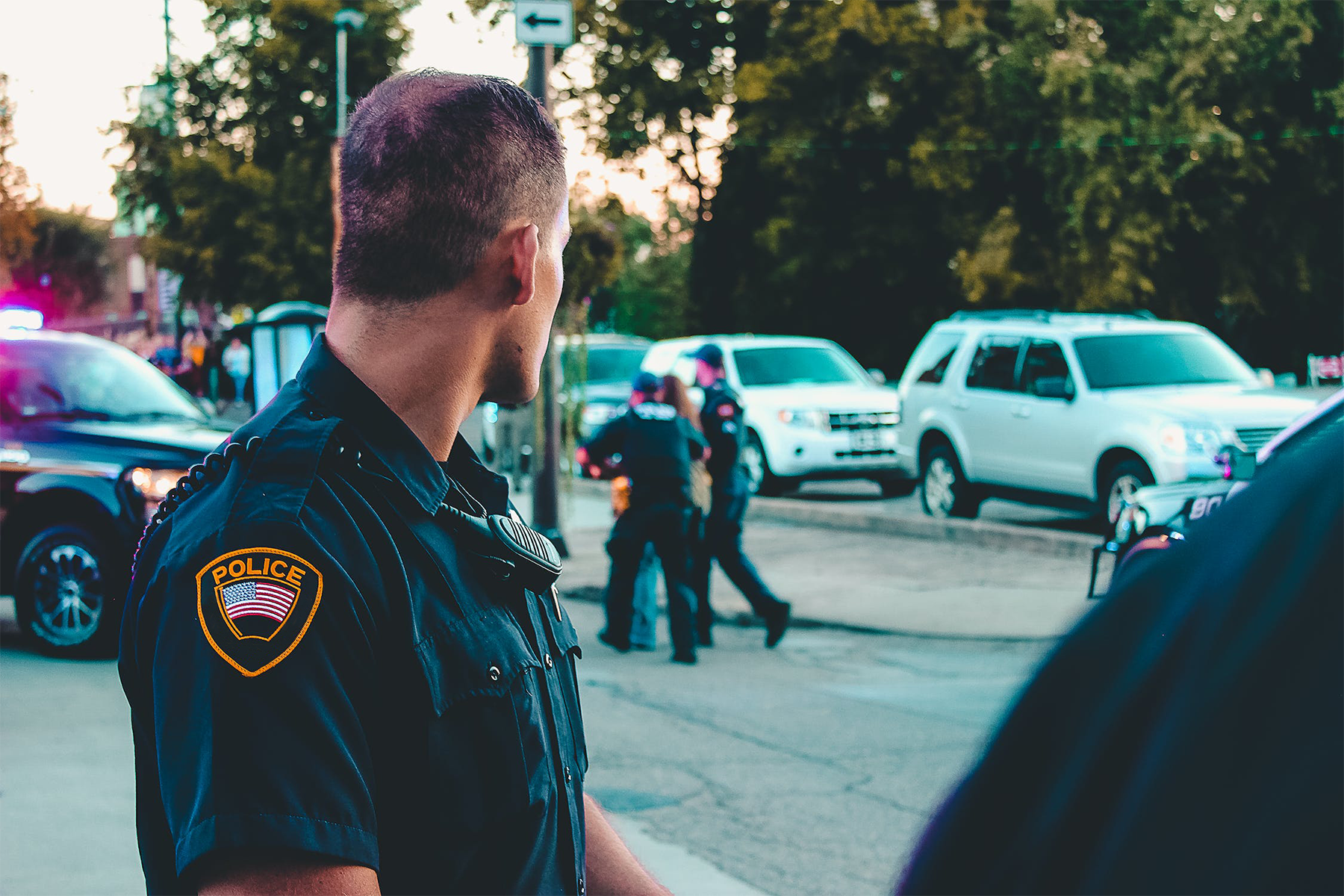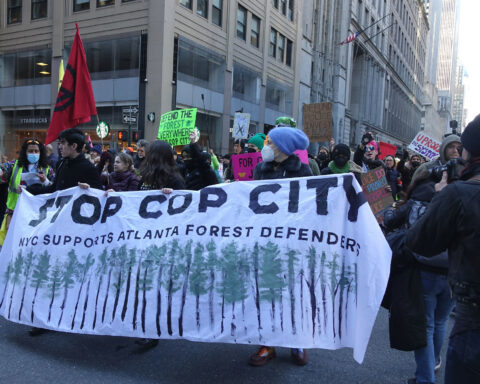TO THE GREYLOCK GLASS:
There is a recently passed statute, Mass. Gen. Laws ch. 6E § 15 which was passed in 2020 under the “Police Reform Law.” It reads, “An officer present and observing another officer using physical force, including deadly force, beyond that which is necessary or objectively reasonable based on the totality of the circumstances, shall intervene to prevent the use of unreasonable force unless intervening would result in imminent harm to the officer . . .” There is also a similarly recent regulation, 550 Mass. Reg. 6.06, which also imposes a duty to intervene, and then has the exception, “unless intervening would result in imminent harm to the officer.”
Given that my proposed ordinance addresses a duty to intervene as does the recently passed statute and regulation, I will address two questions. (1) Can Pittsfield pass an ordinance imposing a duty to intervene or is it “preempted” by state law? (2) Should Pittsfield pass such an ordinance? I believe the answer is “yes” to both questions.
The Massachusetts SJC has said “The existence of legislation on a subject is not necessarily a bar to the enactment of local ordinances and by-laws exercising powers or functions with respect to the same subject.” In determining whether a local ordinance is inconsistent with state law, Massachusetts courts give “considerable latitude” to the municipality and will only invalidate the law if there is a “sharp conflict” between the ordinance and a state statute. There is no sharp conflict. Moreover, not only did the State Legislature not intend to preempt the city’s authority to act, parts of the statute requires municipalities to “develop and implement a policy and procedure for law enforcement personnel to report abuse.” It is my considered legal opinion that my proposed ordinance is not preempted by state law and may be passed under home rule.
In fact, I filed a second petition for “the Pittsfield City Council to ‘develop and implement a policy and procedure for law enforcement personnel to report abuse by other law enforcement personnel without fear of retaliation or actual retaliation,’ and to codify this policy as an ordinance in the City of Pittsfield so as to become part of the official Pittsfield City Code.” (I parroted much of the words from the statute’s section C.) While technically the policy can be done by the police acting alone, I believe this is of such importance to the community, it should be developed by the Pittsfield City Council with community input with the guided insight of the police.
Now the second question, “Should we?” One serious concern of the statutory and regulatory language is that exception to intervention when “intervening would result in imminent harm to the officer.” I wrote to the Council, “Under my proposed ordinance, there is a duty to intervene and risk the officer’s life and limb to prevent a citizen from being harmed by a police officer. If a fellow police officer equipped with a gun faces grave danger, what dangers does an unarmed citizen face who might even be handcuffed or be otherwise restrained? Should the civilian face certain death or certain injury because the non-aggressive police officer bystander might be injured?” I respectfully assert that police officers should be expected to risk life and limb to protect against public loss of life or serious injury posed by a fellow police officer. In Uvalde Texas, local police refused to take out a person who was literally shooting children because “intervening would result in imminent harm to the officer.” This is not an acceptable standard.
While I cannot detail all the differences because of space limitations, there are others. For instance, under my proposed ordinance, the duty to intervene is triggered when the Pittsfield Police officer is with any member of law enforcement using illegal force, and not merely other Pittsfield Police officers. I require intervention when the use of force is illegal as determined by case law, not the more nebulous statement that is “beyond that which is necessary or objectively reasonable based on the totality of the circumstances.” They are similar standards, but the case law can be more nuanced and evolving.
We should pass the ordinance to make a local statement—this is important. It is important for tort law, for Massachusetts law holds that not following a local ordinance is a sign of negligence, and liability can follow when the harm caused is the type of injury the regulation was designed to protect. While it is true that for some time now federal and state civil rights actions have been predicated on police failure to intervene, there is a complicated area of qualified immunity that often undermines these actions. My proposed statute facilitates victims of police violence and police bystander inaction to pursue a negligence tort theory rather than having to rely solely on state and federal civil rights theories.
Passage of the statute helps to insulate the City of Pittsfield from liability under cases such as Monell v. New York City Dept. of Social Services. Under Monell liability, a local government is a “person” subject to suit under § 1983 and can be sued for constitutional deprivations resulting from government custom or policy. By enacting a local ordinance mandating police intervention when another police officer uses unlawful force, it would be much more difficult to say that the municipality as a whole has a “custom or policy” allowing for police officers to not intervene when another police officer uses unlawful force. My proposed ordinance allows for dismissal to be done at the local level for failure to abide by the ordinance, and does not require Pittsfield to wait for the state to “de-certify” the police officer.
Finally, while there is much upside to passing local legislation, I see no downside.
The author is a local attorney.
Rinaldo Del Gallo, III
The Law Office of Attorney Del Gallo
PO Box 1082
Pittsfield, MA 01202-1082
(413) 445-6789

















